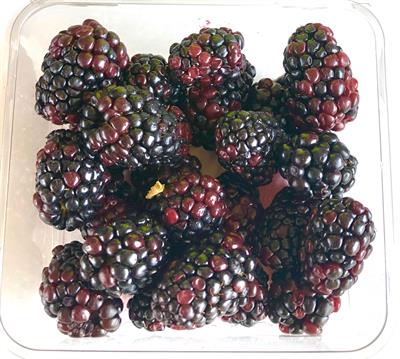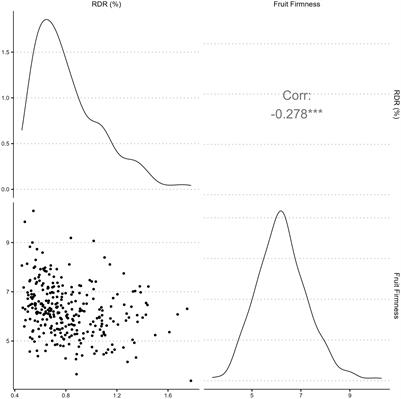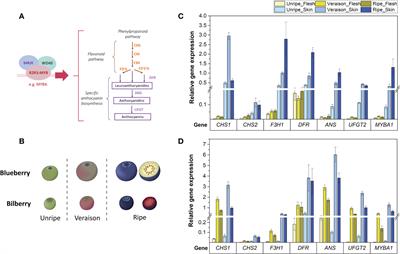EDITORIAL
Published on 07 Dec 2023
Editorial: Interdisciplinary approaches to improve quality of soft fruit berries, volume II
doi 10.3389/fpls.2023.1341519
- 387 views
4,551
Total downloads
21k
Total views and downloads
Select the journal/section where you want your idea to be submitted:
EDITORIAL
Published on 07 Dec 2023
ORIGINAL RESEARCH
Published on 05 Oct 2023

ORIGINAL RESEARCH
Published on 07 Jun 2023

ORIGINAL RESEARCH
Published on 02 Feb 2023

ORIGINAL RESEARCH
Published on 24 Jun 2022

ORIGINAL RESEARCH
Published on 25 Mar 2022

ORIGINAL RESEARCH
Published on 21 Jan 2022

